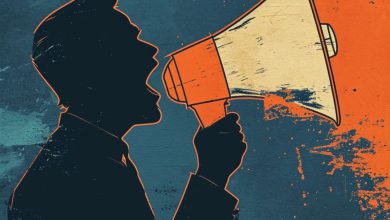Depression in Older Adults: Recognizing Symptoms and Providing Care for Elderly
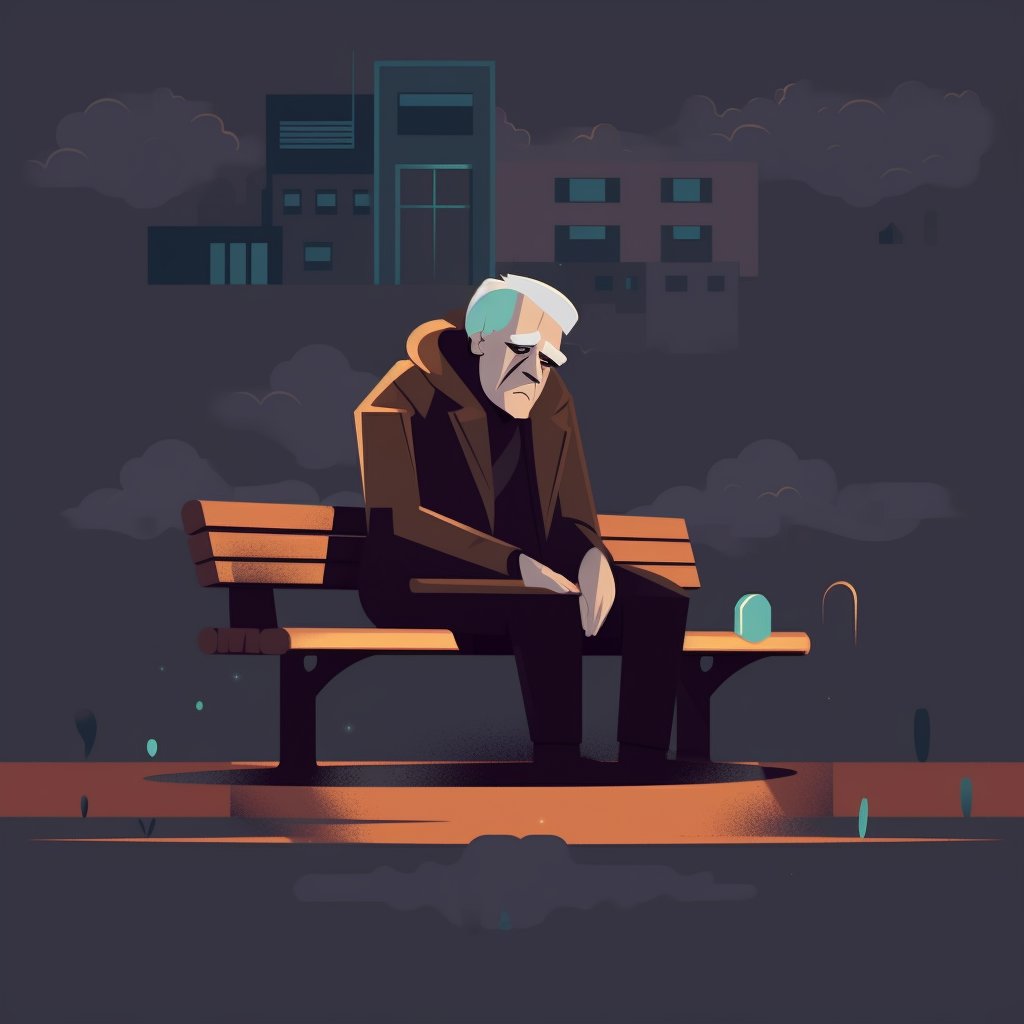
Depression is a common mental health issue among the elderly, with estimates suggesting that it affects around 7-20% of older adults. Moreover, depression in older people is often underdiagnosed and undertreated, making it crucial to raise awareness about this issue.
Depression in elderly can significantly impact their daily life. It can manifest as a persistent feeling of sadness and despair, leading to cognitive decline, exacerbate existing physical health conditions, and increase the risk of mortality.
Older adults depression also affects their relationships and those around them. Family members, friends, and caregivers may witness a noticeable decline in their overall well-being and quality of life.
In this article, we will explore the signs of depression in old age, the common causes contributing to this condition, the available treatments, and preventive measures.
Signs of Depression in Elderly
Spotting symptoms of depression in older adults requires understanding that it can present differently from depression in adults and children. While the typical sadness associated with depression may be less pronounced in older adults, there are other noticeable symptoms to look out for. Here are some key signs to be aware of:
- Loss of interest in previously enjoyed activities
- Changes in appetite and weight
- Sleep disturbances (such as insomnia or excessive sleepiness)
- Fatigue or loss of energy
- Changes in their speech patterns (speaking less or becoming less responsive in conversations)
- Feelings of worthlessness or guilt
- Difficulty concentrating or making decisions
- Physical symptoms without an underlying medical cause
- Thoughts of death or suicide
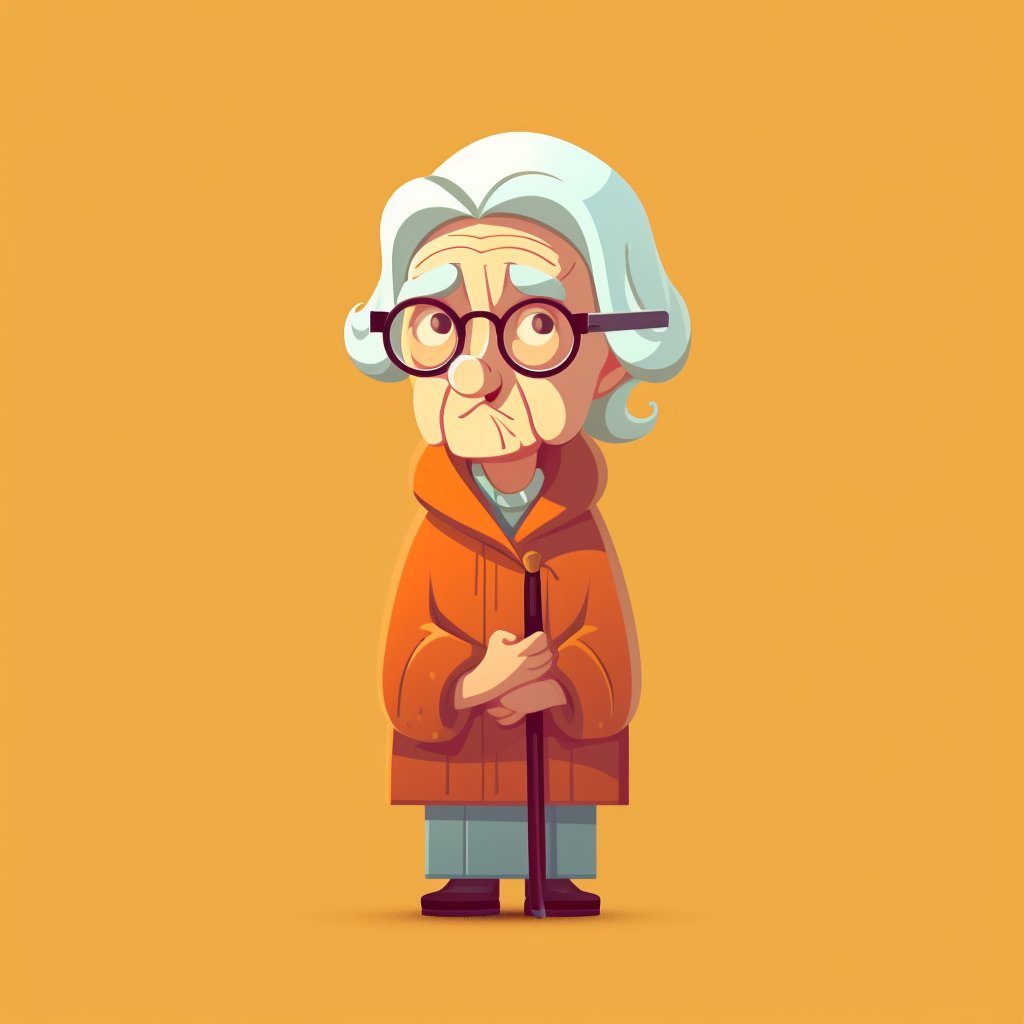
It’s important to note that older adults with depression may not express their emotions as openly as younger individuals. Instead of appearing constantly sad, they may exhibit a sense of numbness or indifference.
If you notice several of these symptoms persisting for more than two weeks in yourself or a loved one, it is crucial to seek help from healthcare providers.
Common Causes of Depression in the Elderly
The causes of depression in older people can vary from person to person. While some factors have been linked to its development, it’s important to recognize that each individual’s experience with depression can be unique. In some cases, the cause may be unknown or triggered by factors that are not yet fully understood.
Here are possible causes and risk factors associated with depression in older adults:
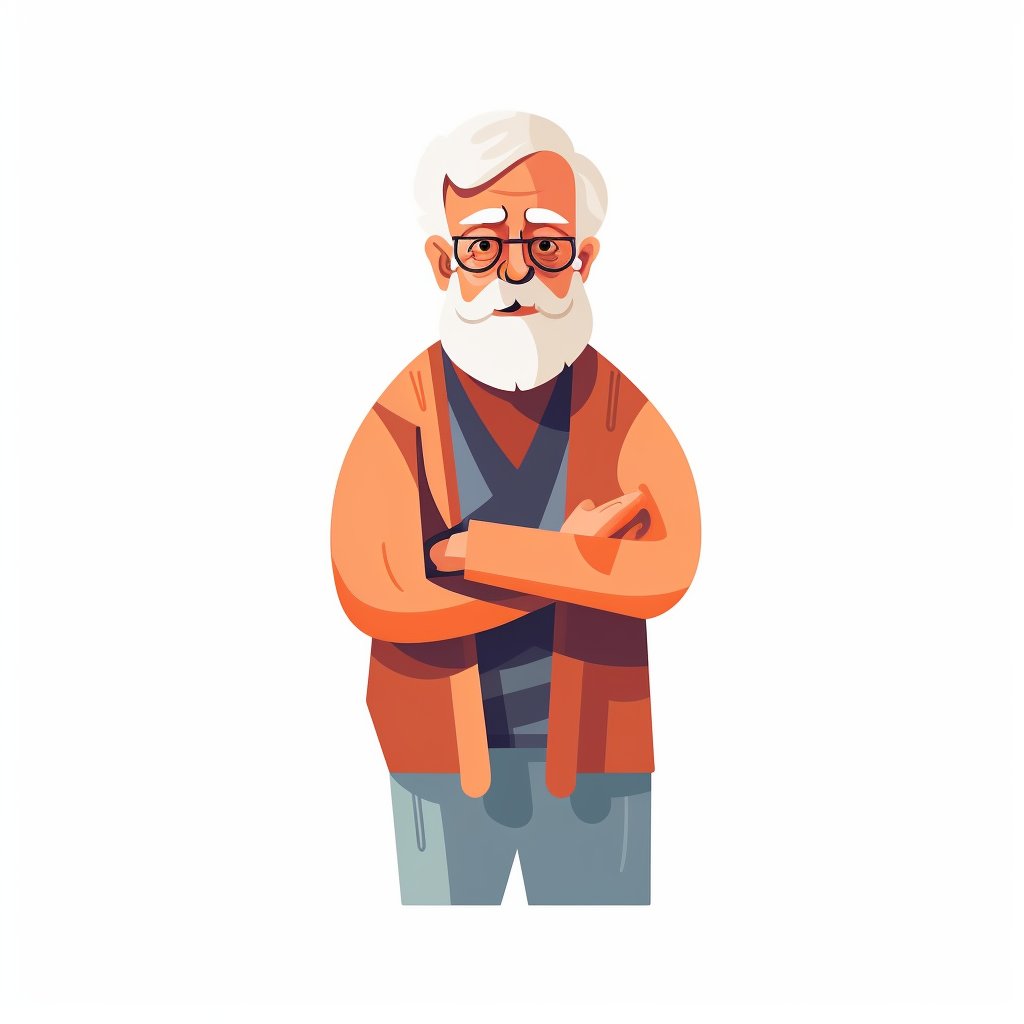
- Medical conditions such as stroke, cancer, heart disease, or chronic pain
- The death of a spouse, close friends, or family members
- Feelings of loneliness and social isolation
- Major life changes such as retirement, moving to a new location, or changes in roles and routines
- Financial instability, money worries, or a decline in economic security
- Side effects of medications
- Age-related physical limitations, such as reduced mobility or difficulty performing daily activities
- Substance abuse or excessive alcohol consumption
Treatment of Depression in Older Adults
Depression geriatrics is a treatable condition, and taking action as soon as spotting the signs is crucial to lighten symptoms and improve overall well-being. Various treatment options are available to help older individuals manage and overcome depression. Here are some common elderly depression treatments:
- Psychotherapy (individual or group therapy)
Talk therapy, such as cognitive-behavioral therapy (CBT) or interpersonal therapy (IPT), can be effective in helping older adults identify and address negative thought patterns, develop coping strategies, and improve communication skills. Individual therapy allows for personalized support, while group therapy provides a supportive environment for shared experiences and mutual support.
- Medications (antidepressants)
According to American Psychological Association, antidepressant medications can be prescribed by healthcare professionals to help alleviate symptoms of depression. Different types of antidepressants, such as selective serotonin reuptake inhibitors (SSRIs) or serotonin-norepinephrine reuptake inhibitors (SNRIs), may be used based on individual needs and medical considerations. It’s important to work closely with a healthcare provider to find the most suitable medication and dosage.

- Electroconvulsive Therapy (ECT)
ECT is a treatment option for severe or treatment-resistant depression. It involves brief electrical stimulation of the brain while the patient is under anesthesia. ECT is generally considered safe and can lead to significant improvements in depressive symptoms, especially in older adults who may have physical health conditions that limit the use of certain medications.
- rTMS (Repetitive Transcranial Magnetic Stimulation)
rTMS is a non-invasive procedure that uses magnetic fields to stimulate specific areas of the brain associated with depression. It is typically used when other treatments have not been effective or are not well-tolerated. rTMS has shown promise in reducing depressive symptoms and improving overall mood.
- Self-care strategies
Engaging in regular physical exercise has been shown to have positive effects on mood and overall well-being. Additionally, adopting healthy lifestyle habits such as maintaining a balanced diet, getting enough sleep, practicing relaxation techniques, and engaging in activities that bring joy and fulfillment can contribute to managing depressive symptoms.
How to Prevent Depression Among the Elderly
Depression among the elderly can be preventable through proactive measures and self-care. Here are some actions that can help prevent depression:

- Stay socially engaged by maintaining relationships with friends, family, and community members. Participate in social activities, join clubs or groups, and reach out to loved ones regularly.
- Stay physically active through exercises like walking, swimming, or gardening. Regular physical activity has been shown to improve mood and overall well-being.
- Maintain a balanced diet, get enough sleep, and manage stress effectively. Taking care of your physical health can positively impact your mental health.
- Engage in activities that provide a sense of purpose and fulfillment. Pursue hobbies, volunteer work, or participate in meaningful projects that bring joy and satisfaction.
Friend and Family Support
People around the elderly play a crucial role in preventing and managing depression. During challenging times, the empathy and understanding offered by loved ones can make a world of difference. Friends and family members can:
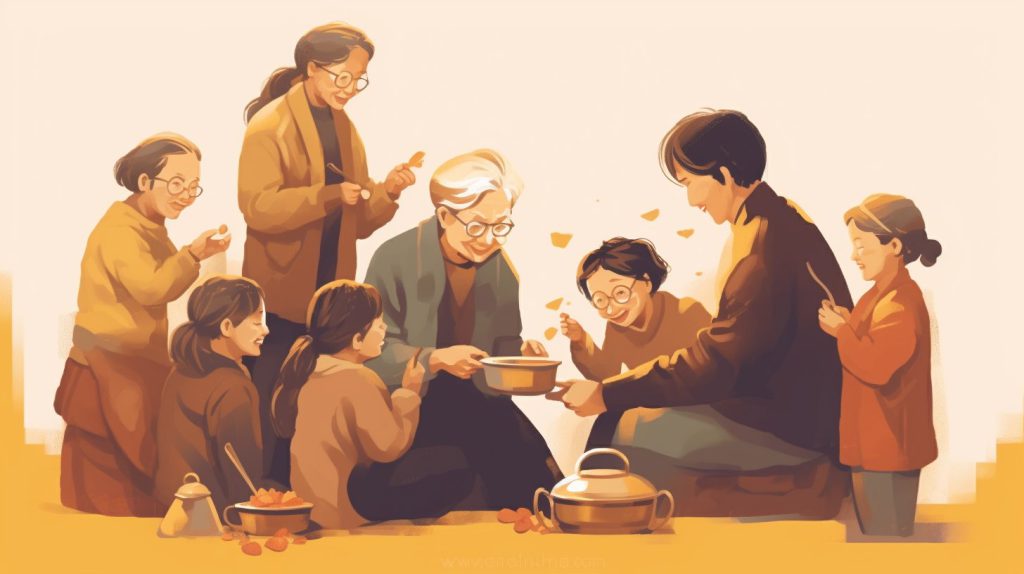
- Offer practical assistance with daily tasks and errands.
- Create a safe space for open conversations, where older adults can freely express their thoughts and emotions without judgment.
- Show genuine care and concern, actively listening to their worries and fears.
- Be patient and understanding, as overcoming depression takes time and effort.
- Offer reassurance and encouragement, reminding them that they are not alone in their journey.
Government Plans for Depression in Senior Citizens

Governments aim to reduce the burden of depression, enhance access to care, and create a supportive environment for senior citizens’ mental health. While specific initiatives may vary across regions, governments generally focus on the following areas:
- Increasing awareness and reducing stigma around depression in older adults.
- Improving access to mental healthcare services for seniors.
- Implementing supportive policies that prioritize mental well-being and age-friendly communities.
- Providing training for healthcare professionals to better understand and address depression in the elderly.
- Collaborating with community organizations and healthcare providers to develop comprehensive programs and support services.
HealWiser’s Last Piece of Advice
As individuals, families, and society as a whole, we must prioritize the recognition and support of older adults dealing with depression. Remember that seeking professional help is essential. If you or someone you know is showing signs of depression, reach out to healthcare providers, therapists, or support helplines.




